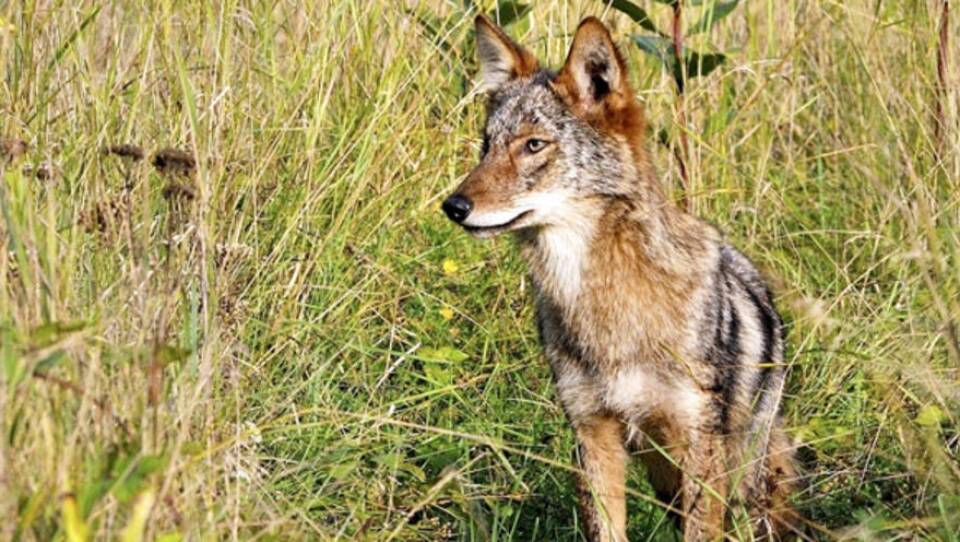The North Shore town of Nahant is taking unprecedented steps to rein in its coyote population. Amid reports of animals showing aggression towards humans in the densely populated peninsular community, local officials have approved a plan to bring in federal sharpshooters to thin the pack.
It’s the first time a Massachusetts municipality has asked for firepower from the Wildlife Services division of the U.S. Department of Agriculture.
Coyotes are nothing new in Nahant and many other communities in Massachusetts. “What has changed over the last year is that some of these coyotes have become habituated and are becoming aggressive towards residents,” said Nahant town administrator Antonio Barletta.
According to Barletta, multiple people have been stalked by groups of coyotes while walking their dogs, with the wild animals attacking three leashed pets in recent months.
MassWildlife biologist Dave Wattles says that brazenness points to a problem.
“While it’s certainly tragic when someone’s pet is taken by a coyote, almost all of the time it’s a cat that’s outside, a dog that’s off-leash in the backyard. Those things are considered normal coyote behavior,” Wattles said. “In Nahant, it’s now attacks on pets with people on the leash.”
Barletta says the town’s decision to bring in the sharpshooters comes as a last resort. Some types of traps that could be used to catch the coyotes are illegal in Massachusetts. Legal box traps have proven ineffective, catching just three coyotes in the commonwealth over the past ten years.
The sharpshooter plan isn’t sitting well with animal rights advocates, including the Massachusetts Society for the Prevention of Cruelty to Animals. In a statement, an MSPCA spokesperson said the organization is “deeply disappointed” with the decision. “Unless wildlife conflict prevention is taken seriously, the result will just be a cycle of killing.”
Barletta says he expects the sharpshooters will be deployed in Nahant at some point in the next two months. He acknowledges that some, including residents, have spoken out against the plan. But he says the move is not motivated by animus towards the animals.
“This is a public safety decision,” said Barletta. “We’ve tried everything at this point. We’re following the guidance of the experts at the state who have said that because of some of the aggressive behavior that has occurred in Nahant, they need to be eliminated.”








